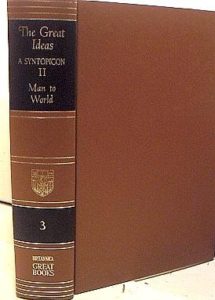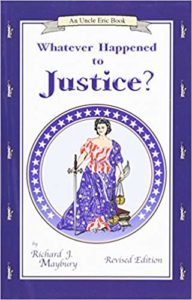How can you know if you’ve really found a true principle, or if it’s just an opinion? Put it to the test: Does it have the 12 Characteristics of a True Principle?
Now that you have a better understanding of Natural Law and First Principles from part 1 and 2 of this 3-part series on principles, take a closer look at principles themselves. Listen to this episode to gain practical skills for identifying true principles and applying them to your life!
In this episode you will learn:
- Clear definitions of what principles are
- Examples of principles from authors and thought leaders
- The difference between First Principles, Principles and Applications
- Examples of ways to discover principles
- The 12 Characteristics of True Principles
Listener guide:
Use the time stamps below to skip to any part of the podcast.
0:35 Principles 101
10:50 What happens when society is not united in core principles
16:45 How to distinguish general principles from First Principles
18:15 How to discern between principles and applications
20:22 The 12 Characteristics of True Principles
24:44 The power of the unifying effect of principles
Examples of Principles:
- Stay out of debt
- Save a percentage of your earnings
- Do hard things to build self-confidence
- Treat others as you would be treated
- Seek first to understand
- Put first things first- time and energy management
- Eat a well-balanced diet
- Build businesses on quality systems
Quotes from this episode:
“Principles are self-evident. Principles apply at all times, in all places. Principles, unlike values, are objective and external. They operate in obedience to natural laws, regardless of conditions.” Stephen R. Covey
“One of the most important attributes of principles is their generality. Just as rules apply to an indefinite number of particular cases, so any principle we appeal to in order to decide a practical problem, or to weigh the merits of an action undertaken, can be applied again and again in other circumstances.” ~Mortimer Adler
“Man cannot make principles, he can only discover them.” ~Thomas Paine
“Governments should be based upon sound principles…Decisions of this nature should be based upon and measured against certain basic principles regarding the proper role of government. If principles are correct, then they can be applied to any specific proposal with confidence.” ~Ezra Taft Benson
“Principles apply at all time and all places. Unlike values, they’re objective and external. They operate in obedience to natural law regardless of conditions.” ~Stephen Covey
“We need more people in the conversation. We need more mothers…who are raising children, who understand how critical this information is, and how it really is going to save our civilization. In a very literal way, we have to get back to an understanding of natural law and true principles in order to maintain freedom.” ~Audrey Rindlisbacher
Links from the episode:
The Great Books of the Western World by Mortimer Adler
The Great Ideas: A Syntopicon of Great Books of the Western World Vol. 1 by Mortimer Adler
The Great Ideas: A Syntopicon of Great Books of the Western World Vol. 2 by Mortimer Adler
Recommended resources:
“From Opinion to Principles” an article by Audrey Rindlisbacher
Read this article for an introduction to the difference between principles, opinions and applications. It takes the reader through a basic understanding of principles and demonstrates how to use the 5 Types of Questions to find principles as you read.
From Opinion to Principle, a speech given by Audrey Rindlisbacher
Watch this speech to learn the 12 Characteristics of True Principles




